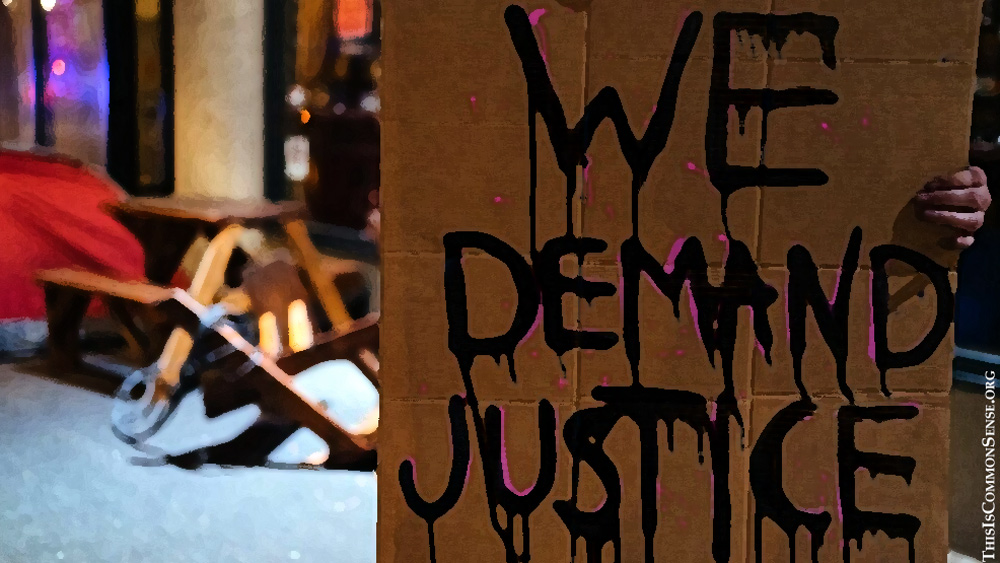The U.S. President, along with his most influential followers, has been banned from Twitter and from other social media while also facing yet another impeachment effort.
So who cares whether some silly realtor group imposes an anti-“hate speech” code on members?
Us.
We had better care.
Why?
Bureaucrats and politicians don’t act alone.
They are empowered by individuals who consent to, cheer for, do whatever they can to promote and enable repression. And by all the private organizations and institutions who do the same kind of enabling of repression.
The “hate speech” ban just imposed by the National Association of Realtors on its members to govern their conduct 24/7 (a “blacklisting,” says Reason’s Eugene Volokh) could impose fines up to $15,000 for violations. (I assume NAR would be unable to collect from members who don’t stick around to pay.)
The goal is to make at least the most submissive members struggle never to say anything that could offend some anti-speech client.
If you are a realtor with NAR: quit. Don’t cooperate. Don’t fund and don’t sanction these aspiring tyrants. You can find client leads another way. Join a competing organization that doesn’t ban speech. Or work with other realtors to form one.
Governments do not tyrannize in a social and cultural vacuum.
Do we want a world in which everyone who values freedom is silent — even “voluntarily” — for fear of “hatefully” offending the infinitely tender sensibilities of those who hate freedom of speech and any fundamental disagreement?
This is Common Sense. I’m Paul Jacob.
—
See all recent commentary
(simplified and organized)





